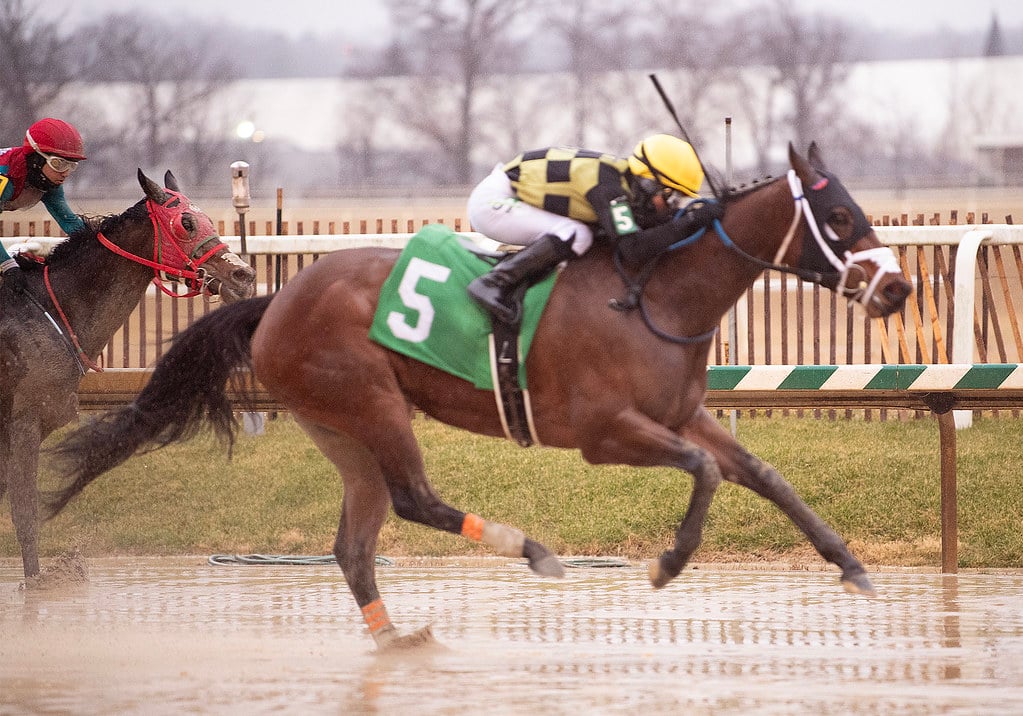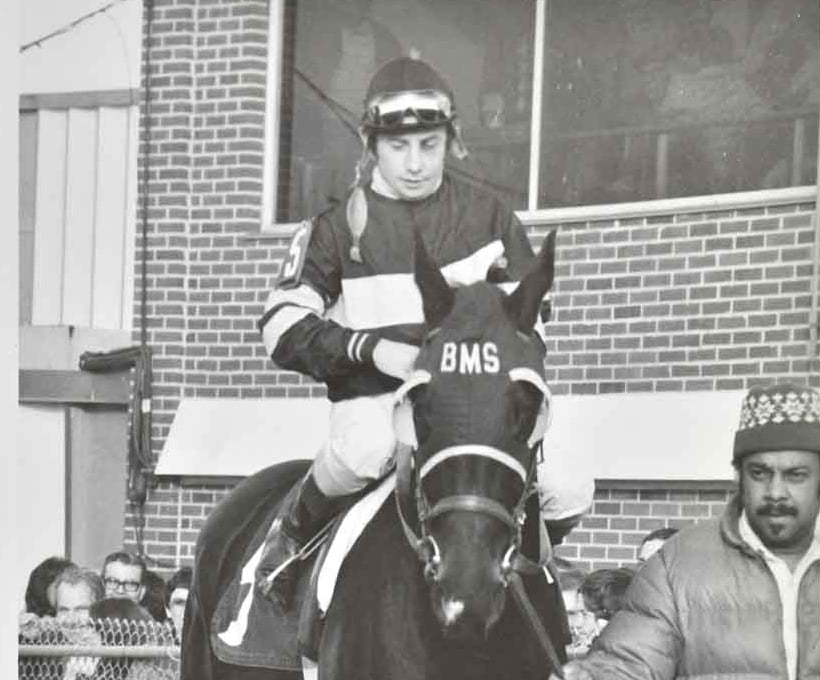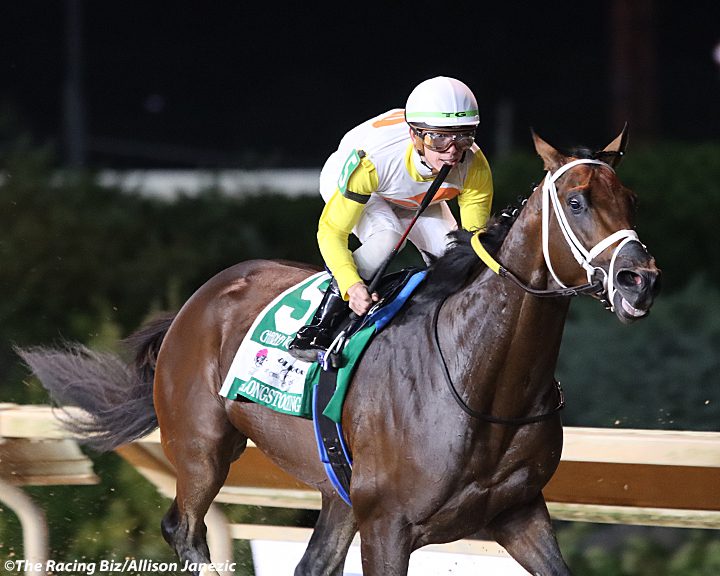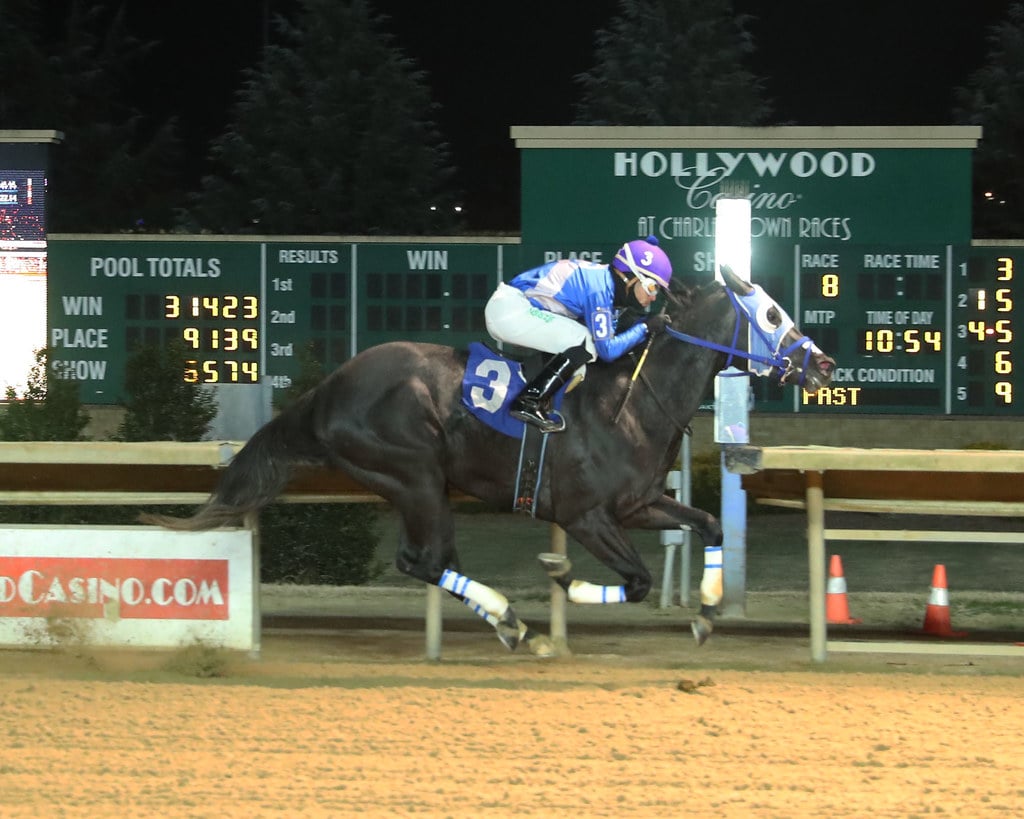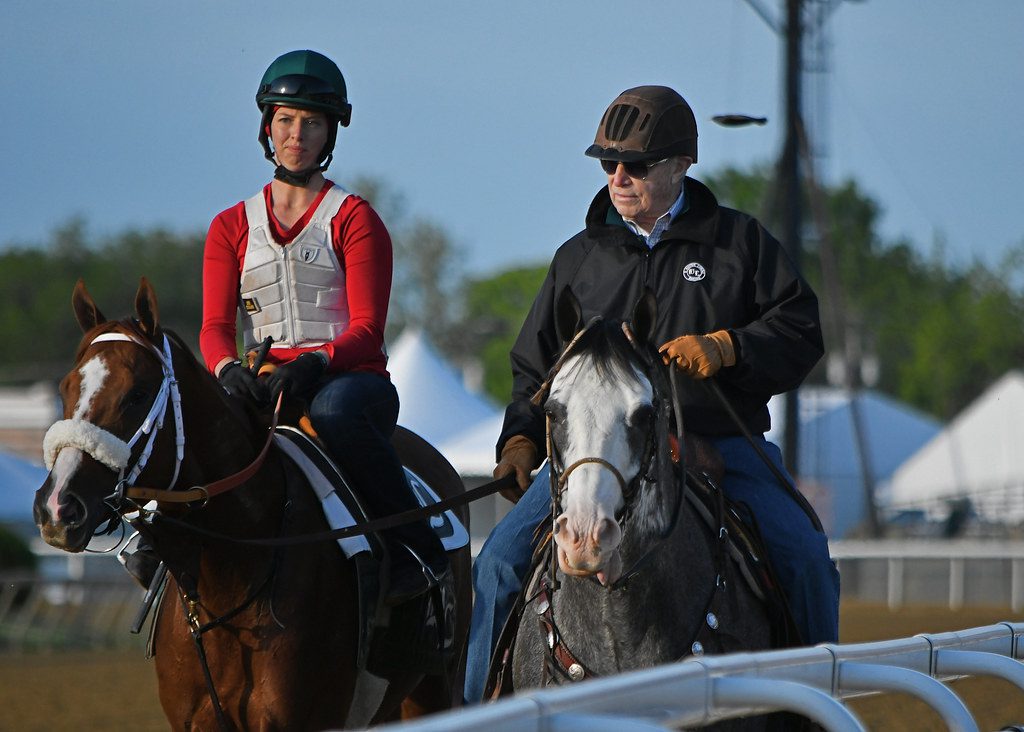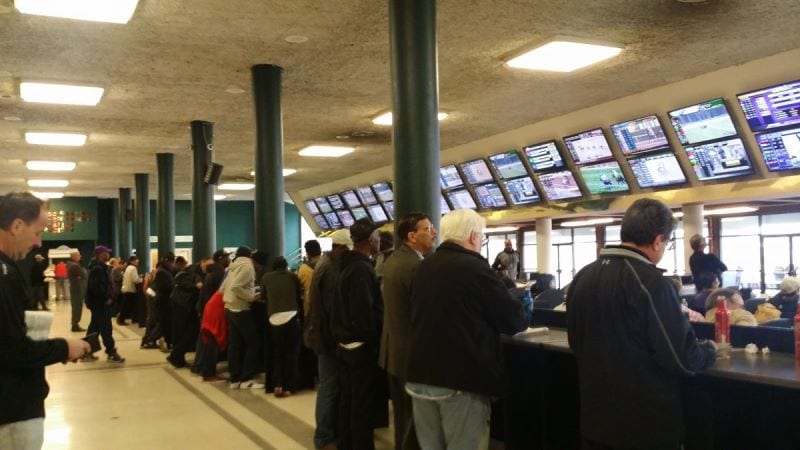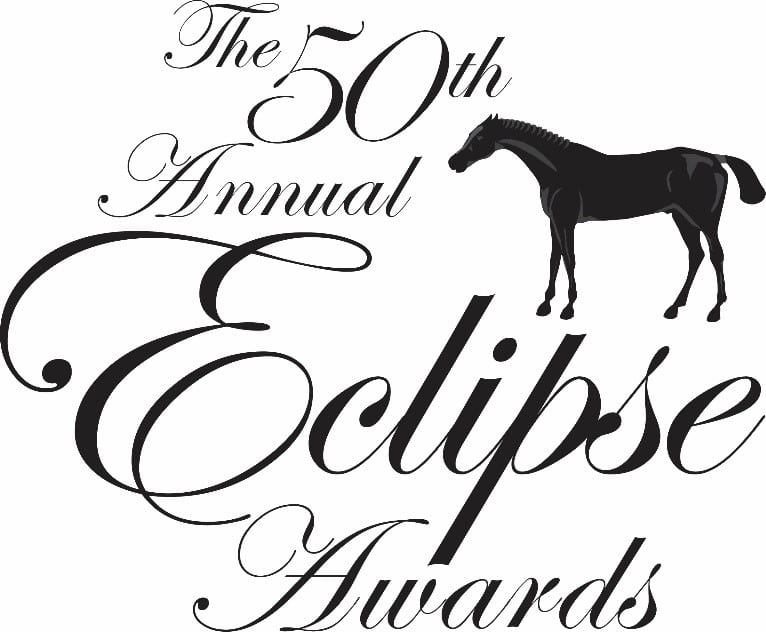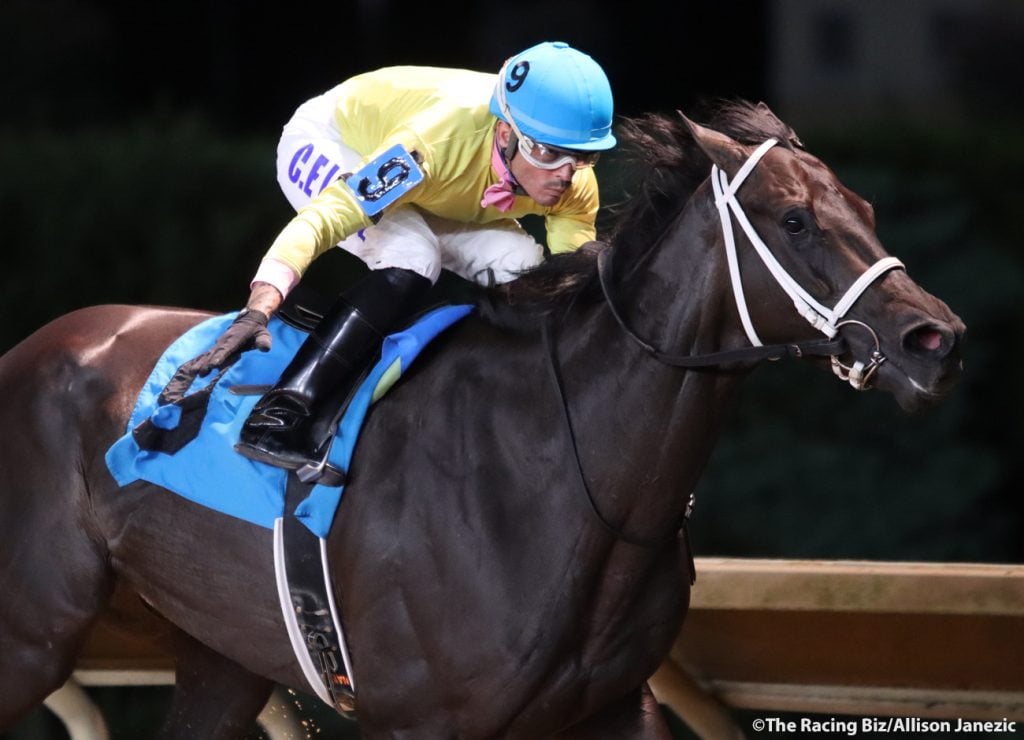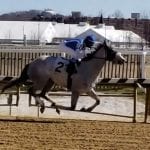![]()
Photo by Coady Photography.
It’s been a long fight — about a decade — but now victory on the topic for the West Virginia racing industry is at hand. The West Virginia Legislature on March 6 passed a bill permitting advance deposit wagering in the Mountain State.
Now it’s on to Governor Jim Justice (R-WV), who, barring technical glitches, is expected to sign it, sources said. Coupled with legislation last year that enabled the industry to recapture funds the state had taken away more than a decade earlier, the measures constitute a nice winning streak for the state’s horsemen and breeders.
[/et_pb_text][et_pb_text _builder_version=”3.27.4″]The bill, HB 4438 in the House of Representatives, was sponsored by Delegates Paul Espinosa, John Hardy, Errika Storch, Eric Householder, and Jason Barrett. All but Barrett are Republicans.
The legislation passed the state Senate by a 29-4 count, while the House vote was 78-21.
“Thanks to Senators Craig Blair and Patricia Rucker for their leadership in gaining Senate concurrence with the House’s proposed bill language adopted after consultation with our State’s horsemen, greyhound kennel owners, racetracks and the West Virginia Racing Commission,” Del. Espinosa wrote on Facebook.
[/et_pb_text][et_pb_text _builder_version=”3.27.4″]Espinosa represents Charles Town in the Legislature and previously served as the track’s public relations chief. His son, Paul Jr., is the current track announcer at Charles Town Races.
The legislation would permit companies that allow phone and internet betting to set up shop in West Virginia, which heretofore had been prohbited. Those companies would pay an initial and renewal licensing fee of up to $5,000 to operate in West Virginia.
Additionally, they would pay a series of three additional fees based on wagering volume (the total amount wagered by state residents through the service): a four percent source market fee, a regulatory fee of 0.5 percent, and an additional fee of 1.5 percent, all for a total of six percent of total wagering volume.
[/et_pb_text][et_pb_text _builder_version=”3.27.4″]The regulatory fee, the smallest of the three, would go directly to the state Racing Commission to fund its work, though the fiscal note accompanying the bill suggests that about twice that amount — a total of one percent — is what would needed to make ADW regulation revenue-neutral for the Commission. The 1.5 percent fee would go to the state general fund and be expended pursuant to appropriations by the Legislature.
The four percent source market fee would be split among different elements of the racing industry. Each racetrack community, including dog tracks and horse tracks, would receive a prorated share of the funds based on their handle. The moneys would be divided as follows:
- 10% of the fee would go to the West Virginia Thoroughbred Development Fund;
- 45% would go to the purse fund of each licensee (racetrack operator) on a prorated basis; and
- 45% would go to each licensee on a prorated basis.
The fiscal note accompanying the legislation estimates $10 million in total handle via ADW wagering. If accurate, that would yield the dog and horse racing industries $400,000 annually to split among the bred fund, purses, and track operators.
[/et_pb_text][/et_pb_column][/et_pb_row][et_pb_row _builder_version=”3.26.3″][et_pb_column type=”4_4″ _builder_version=”3.26.3″][et_pb_text _builder_version=”3.27.4″]

